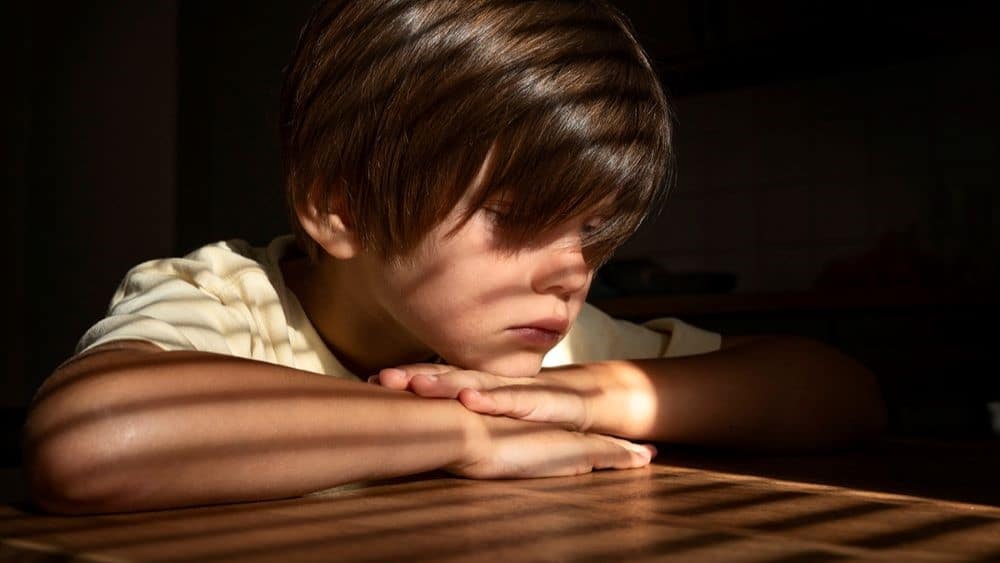Doli Incapax Victoria
In Australia, each jurisdiction, including Victoria, holds a conclusive presumption that children under the age of 10 cannot commit an offence. They are considered incapable of criminal responsibility. In Victoria, this is outlined in
section 344 of the Children, Youth and Families Act 2005 (CYFA).
In addition to this principle, the common law
rebuttable presumption of doli incapax applies, forming a key principle in the legal system. Derived from Latin, “doli incapax” means “incapable of crime” and protects children aged 10 to 13 from prosecution if they lack the mental capacity to understand that their actions were seriously wrong, rather than mere naughtiness. The prosecution can rebut this presumption only by proving beyond a reasonable doubt that the child understood the wrongful nature of their conduct.
This article explores the application of doli incapax and the principles of criminal responsibility for children in Victoria.
What is Doli Incapax?
Doli Incapax is the common law rebuttable presumption that a child under 14 years lacks the capacity to be criminally responsible for their conduct. The child is said to be doli incapax unless proven otherwise.
The reasoning behind the doli incapax presumption is that children of that age are not considered sufficiently intellectually and morally developed to understand the difference between right and wrong and, therefore, lack the capacity for mens rea (BP v The Queen [2006] NSWCCA 172).
Under the Children, Youth and Families Act 2005 (CYFA), children under the age of 10 are deemed legally incapable of committing a criminal offence. In Victoria, the presumption of doli incapax applies to children between the ages of 10 and 14 years of age, and the legislation does not otherwise affect its operation.
Doli Incapax Age
The presumption of doli incapax states that children under 14 years of age lack the capacity to form criminal intent as defined by the law. The burden of proof, therefore, falls on the prosecution to demonstrate,
beyond a reasonable doubt, that the child understood the wrongful nature of their conduct at the time of the offence (and is doli capax).
The prosecution must point to evidence from which an inference can be drawn beyond reasonable doubt that the child’s development is such that they knew that it was morally wrong to engage in the conduct.
To determine whether the prosecution has rebutted the presumption of doli incapax, the Court examines various factors, including the child’s education and the environment in which the child has been raised (B v R (1958) 44 Crim App R 1 at 3-4 per Lord Parker CJ).
Rebutting the presumption
What is sufficient to rebut the presumption of doli incapax varies according to the nature of the allegation and the child, and the assessment directs attention to the intellectual and moral development of the individual (RP v The Queen [2016] HCA 53, [12]). Importantly, the test for rebutting the presumption of doli incapax requires the distinction between serious wrongness and mere naughtiness (RP v The Queen, [12]).
Some 10-year-old children may understand the gravity of their actions, while others approaching 14 years of age may not (RP v The Queen, [12]). A child will more readily be able to understand the seriousness of an act if it concerns values of which the child has direct knowledge and personal experience (RP v The Queen, [12]). Answers to questions in the course of a police interview may be relied upon to prove a child possessed the requisite knowledge.
In Victoria, the Children’s Court Clinic plays a pivotal role in assessing whether doli incapax is rebutted. It offers clinical assessments to provide insights into the child’s intellectual development and functioning. These assessments aid the Court in determining whether the presumption of doli incapax has been effectively rebutted.
Sentencing Principles in the Children’s Court
If the presumption of doli incapax is rebutted and a child is held criminally responsible for an offence, the Children’s Court of Victoria adopts a markedly different approach compared to adult jurisdictions during sentencing. While the Sentencing Act 1991 guides courts in the sentencing of adults, the CYFA prioritizes rehabilitation and welfare in the sentencing of young offenders. Rehabilitation serves as the overarching principle, with considerations for community protection, deterrence, and accountability.
Section 360 of the CYFA outlines a range of dispositions available to the Children’s Court, including undertakings, good behaviour bonds, fines, probation, and youth supervision orders. Notably, imprisonment is not an option under the CYFA, underscoring the emphasis on rehabilitation over punitive measures. When determining the appropriate sentence, the Court considers various factors outlined in section 362 of the CYFA, including preserving family relationships, minimizing stigma, and fostering education and employment opportunities for the child.
Conclusion
The presumption of doli incapax recognises the unique vulnerabilities of juvenile offenders within the legal system. In Victoria, the presumption of doli incapax and the rehabilitative focus of the Children’s Court highlight Parliament’s intention to balance the protection of children with accountability for their actions.

